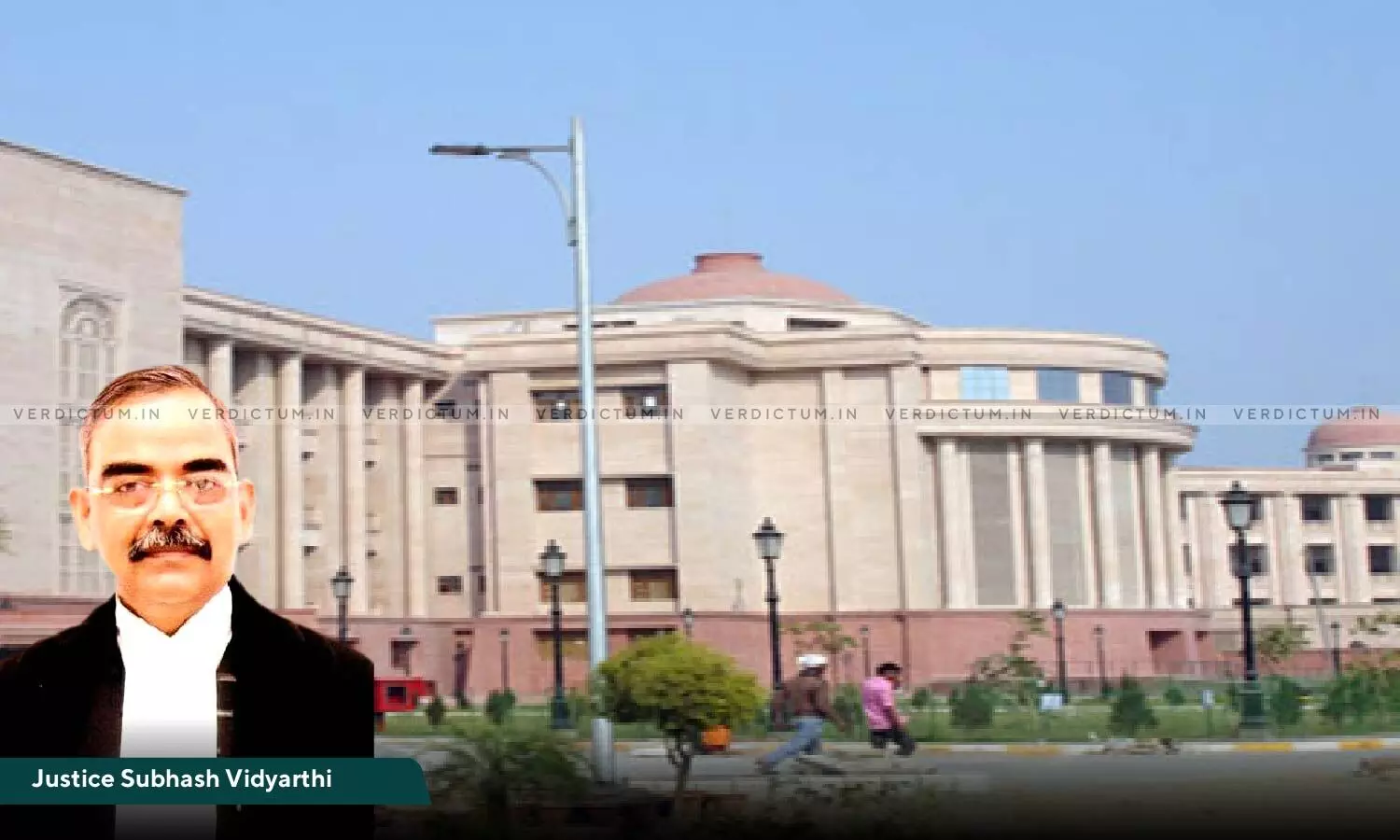
Restrictions Contained U/S 37 NDPS Act Meant To Be Applicable To Courts Other Than Constitutional Courts: Allahabad HC
 |
|The Allahabad High Court has clarified that the stringent bail restrictions stipulated under Section 37 of the Narcotic Psychotropic Substances Act, 1985 (NDPS Act) do not bind constitutional courts, including High Courts and the Supreme Court of India.
The Single-Judge Bench of Justice Subhash Vidyarthi, in an Order dated June 5, underscored that the constraints imposed by Section 37 are specifically applicable to special courts adjudicating NDPS cases, not constitutional courts.
"Upon careful consideration, it is evident that the limitations prescribed in Section 37 of the NDPS Act are intended for courts other than constitutional courts. Furthermore, in light of Section 36-A(3) of the NDPS Act, these restrictions do not extend to constitutional courts," the Court said.
Typically, securing bail in NDPS cases poses a formidable challenge due to Section 37's provisions, which mandate that bail cannot be granted without hearing the public prosecutor and satisfying specific conditions regarding the accused's innocence and likelihood of reoffending.
However, the Bench highlighted a critical proviso in Section 36A(3) of the NDPS Act, safeguarding the special bail powers vested in High Courts under Section 439 of the Code of Criminal Procedure, 1973 (CrPC).
The Court noted a discrepancy wherein this proviso, intended for Section 37, was erroneously placed in Section 36A. It reasoned that this oversight likely resulted from a clerical error, as observed in a similar case concerning the Prevention of Money Laundering Act.
Acknowledging the consistent inclusion of such provisos in various statutes to uphold High Courts' bail-granting authority, the Court emphasized the need for a harmonious interpretation of Sections 36A and 37 to align with legislative intent.Consequently, the Court asserted that constitutional courts are not bound by the specific bail restrictions outlined in Section 37 of the NDPS Act.
"I am of the considered view that the restrictions contained in Section 37 of the NDPS Act were meant to be applicable to Courts other than the Constitutional Courts and in view of the provision contained in Section 36-A (3) of NDPS Act, those restrictions do not apply to the Constitutional Court," the Court said.
Applying this interpretation, the Court proceeded to grant bail to an individual charged with possession of 7 kilograms of charas, citing procedural irregularities in the substance seizure process and the absence of a criminal record. Considering the detainee's prolonged incarceration since January 28, 2024, and no evident risk of reoffending, the Court deemed bail appropriate.
While allowing the Bail Application, the Court ordered, "Let the applicant- Vimal Rajput be released on bail in the aforesaid case on furnishing a personal bond and two sureties each in the like amount to the satisfaction of magistrate/court concerned."
Cause Title: Vimal Rajput v. State of UP [Neutral Citation No. 2024:AHC-LKO:42533]
Appearance:-
Applicant: Advocate Sumeet Tahilramani
Opposite Party: Advocate Ranvijay Singh (GA)
Click here to read/download the Order